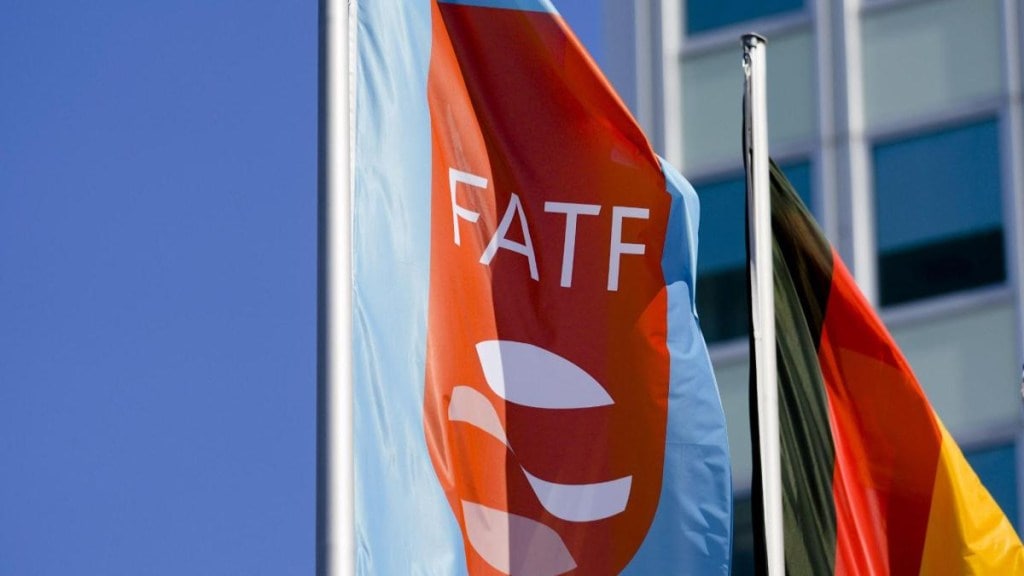The Financial Action Task Force (FATF), the global terror financing watchdog, has extensively cited India’s Enforcement Directorate (ED) in its publication titled ‘Asset Recovery Guidance Best Practices’ for efficiently tackling money laundering and recovering assets from economic offenders.
The Paris-based 40-member body sets standards against illicit funds from drug trafficking, arms trade, cyber fraud, and other crimes. The FATF’s guidance, released on Tuesday, provides an updated framework for strengthening the global system of asset recovery against financial crimes. It cited multiple Indian case studies of tracing, seizing, and restoring proceeds of crime across investment frauds, property scams, banking, and offshore laundering.
The FATF commentary comes at a time when the ED is facing allegations of selective action against politicians from the Opposition, and has come under criticism by courts on several occasions. The conviction ratio of cases taken up by the ED is abysmally low.
The report highlighted the Agri Gold Ponzi scheme, where the ED’s coordinated action with the Andhra Pradesh State Crime Investigation Department, led to the attachment and restitution of assets worth Rs 6,000 crore to defrauded investors. In the IREO group case, ED attached immovable properties valued at Rs 1,777 crore, equivalent to criminally derived funds siphoned abroad under the Prevention of Money Laundering Act, 2002 (PMLA), showcasing value-based confiscation.
The FATF guidance also cited India’s Fugitive Economic Offenders Act (FEOA), 2018, and the legislative framework under PMLA as a comprehensive structure for supporting effective asset recovery and management. The FEOA empowers ED to attach and confiscate proceeds of crime and properties associated with economic offenders absconding to foreign jurisdictions.
The BitConnect crypto Ponzi scheme saw ED swiftly seize cryptocurrencies worth Rs 1,646 crore from digital wallets and devices, secured in a cold wallet, alongside attaching properties of Rs 4.89 crore.
As an example of international cooperation, the report highlighted the Banmeet Singh drug-money laundering case, where ED, acting on a US mutual legal assistance request, seized 268.22 bitcoins (Rs 130 crore) and attached $1.1 million in properties.
Under victim compensation, the Rose Valley chit fund scam saw ED attach assets enabling court-monitored restitution of Rs 538 crore to over 75,000 investors via a dedicated claims portal, bypassing legal costs.
The report also highlighted India’s inter-agency coordination, use of financial analytics, corresponding value attachment, and robust PMLA framework as global best practices in asset recovery and management.

